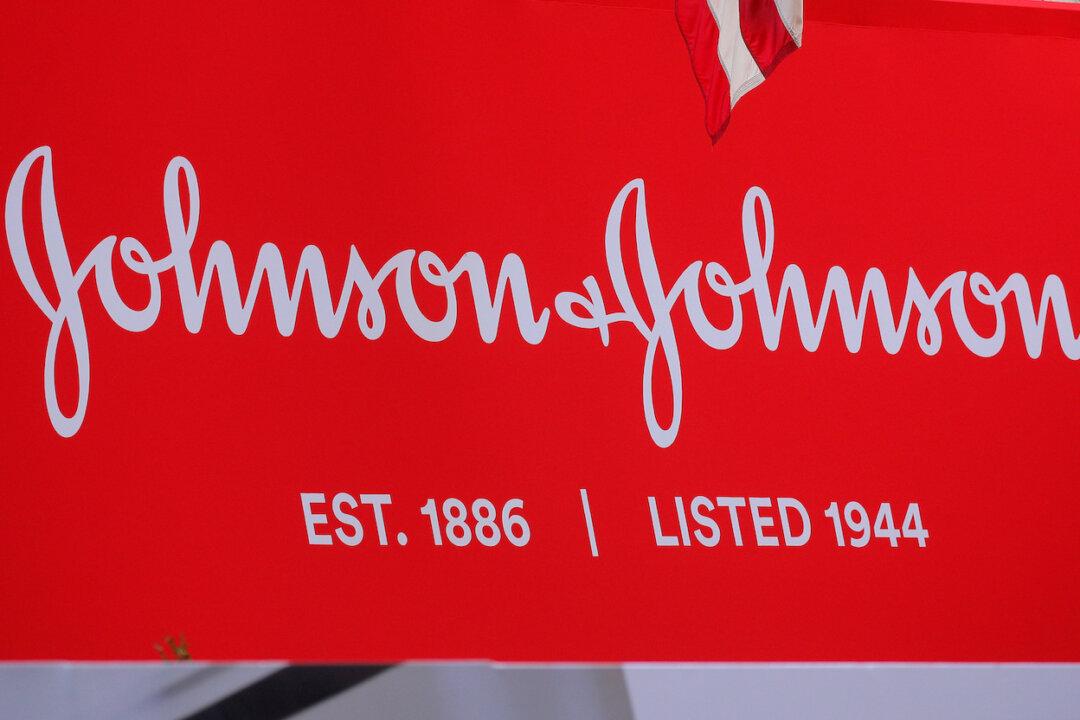Johnson & Johnson’s COVID-19 vaccine study has been paused due to an unexplained illness in a study participant, the company announced on Monday.
“We have temporarily paused further dosing in all our COVID-19 vaccine candidate clinical trials, including the Phase 3 ENSEMBLE trial, due to an unexplained illness in a study participant,” J&J said in a statement on its website.




